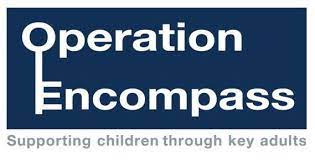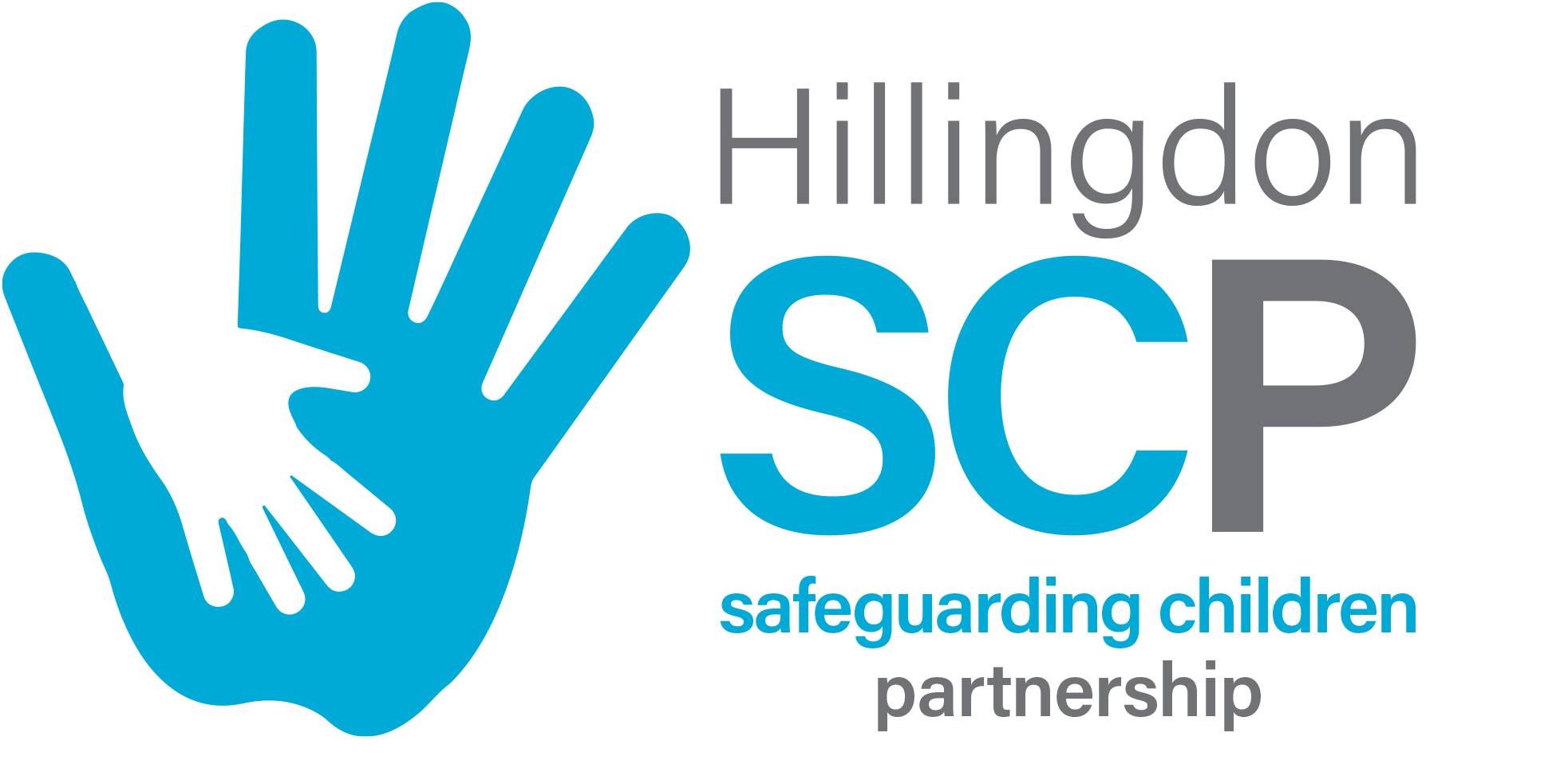
Parents Information
Domestic Abuse
Operation Encompass

GNSA & Nanaksar Primary are part of a project that runs jointly between schools and the Metropolitan Police Service. This project is known as Operation Encompass. Operation Encompass is the notification to schools that a child (under 18) has been exposed to, or involved in, any domestic incident. This will ordinarily be done by the start of the next school day. Operation Encompass will ensure that a specially trained member of the school staff, known as a Designated Safeguarding Lead (DSL), is informed. The DSL can then use the information that has been shared, in confidence, to ensure the wellbeing of the child.
Operation Encompass Parent Letter
Domestic abuse
Also known as domestic violence or DV, domestic abuse is a pattern of threatening behaviour, violence or abuse by one person against another in a home or family setting.
What is domestic abuse?
Domestic Abuse can happen to anyone – regardless of gender, age or culture – and can exist in any relationship – with partners, ex-partners or relatives. It can affect children too and there is evidence that domestic abuse can often occur alongside child abuse, such as neglect or deliberate physical abuse within families.
Domestic abuse can take many forms and includes, but is not limited to:
- Physical Abuse
Assault, punching, kicking, hitting, forced imprisonment, biting, strangling, burning, dragging, using weapons, throwing objects. - Sexual Abuse
Rape, sexual assault, forced prostitution, degradation, using objects, forced to watch or act in pornography. - Psychological Abuse
Verbal or emotional abuse, threats to kill, blaming, mind games, criticism, accusations, jealousy and obsessive behaviours, manipulation, sleep deprivation. - Financial Abuse
Preventing a person from getting or keeping a job, taking money, not permitting access to or withholding family income, keeping account of all money spent, the perpetrator deliberately running up debts (often in the victim’s name) or not paying the rent. - Isolation/Coercive Control
Not being allowed to see others, to see who you want, denied any form of contact with family or friends and any other support networks, not being allowed to learn the language, not being allowed to attend appointments (even medical appointments) alone.
Children who witness, intervene or hear incidents of domestic abuse are affected in many ways, even after a short time.
Short-term effects:
- Anxiety or depression
- Feeling frightened
- Becoming withdrawn
- Bed wetting
- Running away
- Aggressiveness or behavioural difficulties
- Problems with school, poor concentration
- Difficulty sleeping, emotional turmoil
- Eating disorders or alcohol or drug misuse
Long-term effects:
- Lack of respect for the parent
- Loss of self confidence
- An inability to trust and form relationships
- Becoming over protective or feeling responsible for the parent
- Feeling a ‘loss of childhood’
- Problems at school, low education attainment
- Running away
Domestic abuse is never acceptable. It is a crime. It causes significant harm to children. You can read more about the impact on children on the NSPCC website.
The police have specialist domestic abuse officers trained to help you and put you in touch with other agencies who can help you with safety planning, housing issues, drug or alcohol problems or give details of solicitors who specialise in any legal family matters.
If you are in an abusive relationship, or you know someone who is, advice and support is available:
- The Police – 999 (always call the police if the situation is an emergency)
- Hillingdon Independent Domestic Violence Advocate (IDVA) – 020 8246 1745
